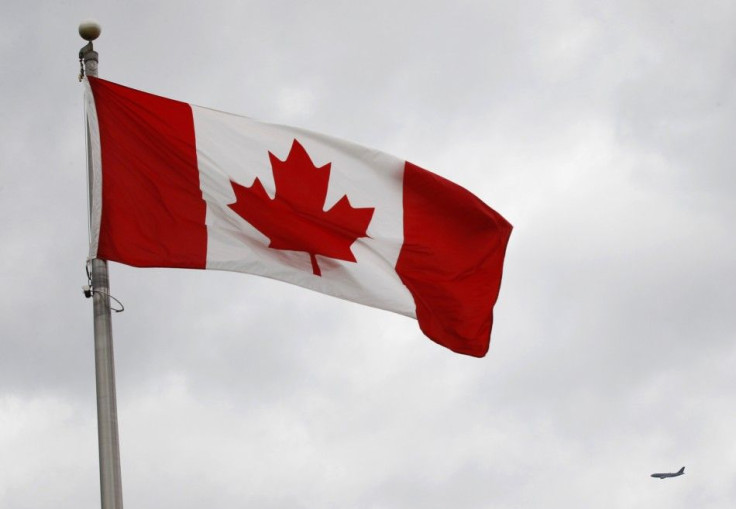Suspected War Criminals Hiding in Canada

More than two dozen suspected war criminals are believed to be living illegally in Canada, according to the country's Border Services Agency (BSA).
The Agency’s website named and identified the thirty suspects and implored the public to help track the fugitives down so they can be deported from Canada.
“Those who have been involved in war crimes or crimes against humanity will find no haven on our shores,” said Immigration Minister Jason Kenney in Toronto.
The suspects, all men, originated primarily from developing countries which have been embroiled in civil wars or political unrest in recent decades, including Afghanistan, Algeria, Angola, El Salvador, Ghana, Guatemala, Haiti, Honduras, Iraq, Nigeria, Pakistan, Peru, the Democratic Republic of Congo, Somalia, Sri Lanka, Sudan and the former Yugoslavia.
Mike Patton, a spokesman for the Public Safety Minister, said the thirty men entered Canada claiming to be refugees, but did so under false identities and pretenses.
“They came back with sufficient evidence to believe these people were likely to have been involved in some way [with war crimes],” Patton said.
“That’s probably not enough evidence to convict them in criminal court; it’s a likelihood as opposed to a certainty. If you apply for refugee status, and you’re suspected as having been involved in war crimes or crimes against humanity, that means you cannot receive refugee status.”
The Agency did not list specific charges against the suspects.
According to the Calgary Herald newspaper, local officials were taken aback by the government’s information, since some of the suspects are believed to be living in the Calgary area.
“We weren’t aware of this at all until it was brought to our attention by the media,” Medicine Hat duty Staff Sgt. Brian Christmann told the paper. “It would have been nice for border services to advise us. We’ve got some foot soldiers out looking right now. But it’s a needle in a haystack for a guy we haven’t heard anything about.”
However, some are concerned that the government is worrying the public unnecessarily and exaggerating the magnitude of the suspects’ crimes.
Nathalie Des Rosiers, general counsel of the Canadian Civil Liberties Association, told the Herald: “We are led to believe they are all criminals who held the gun and committed genocide or something. Some of their participation may be far less than that.”
Similarly, Janet Dench, executive director of Canadian Council for Refugees, told reporters that the suspecrs likely were involved in very subordinate roles.
“The person themselves may have not have had any personal responsibility and had a very minor role in the organization, but they’re being treated the same as someone who masterminded mass killings,” she said.
Dench also said she is worried about the stigmatizing impact on people in Canada who came from the same countries as the suspects or might share the same names.
“What happens if people see someone who looks similar to one of those photos, then starts denouncing them?” she asked. “That, obviously, could be dangerous. The government has been linking immigrants to fraud and abuse and crime. We’re concerned that is going to feed into public xenophobia.”
© Copyright IBTimes 2024. All rights reserved.











